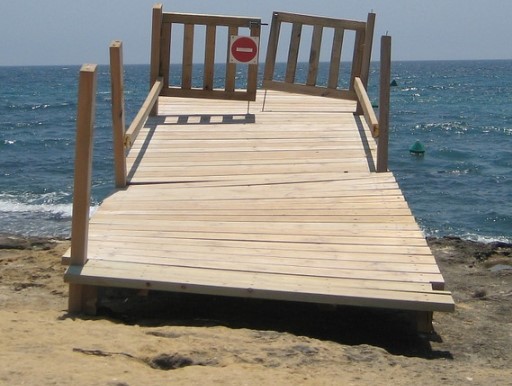Following court orders and site blocking regimes worldwide, The Pirate Bay is blocked in dozens of countries.
The effectiveness of these measures is often a topic of debate.
Copyright holders frequently argue that blocking works, showing that traffic to targeted sites is plunging. However, opponents argue that these blocks are easily circumvented, noting that people find workarounds or other pirate sources.
For example, if thepiratebay.org doesn’t work, they can use a VPN to access the site, or pick one of the many Pirate Bay proxies that are freely available.
In response to this, so-called ‘dynamic’ blocking orders have become more common. These are blocking orders that allow rightsholders to continuously update the blocklist by adding new URLs and removing ones that no longer need to be blocked.
This is also the case in the Netherlands, where the court ordered ISPs to block the popular torrent site. Although this decision is not final yet, the measures have proven to be very effective according to local anti-piracy group BREIN.
BREIN director Tim Kuik informed TorrentFreak this week that 181 separate Pirate Bay domains are currently blocked. Most of these are not operated by The Pirate Bay team, but by third parties.
The anti-piracy group hasn’t published the list, but Dutch ISP Xs4all maintains a list of IP-addresses and domains that have been added and removed over the years. This list is not always 100% up-to-date but shows the wide range of domains that are targeted.
This includes mostly proxy sites, but also Pirate Bay-linked subdomains from Onion.link, which is a service that provides access to sites on the Dark Web outside the Tor network.
The big question is whether these blocking efforts are effective. While they are certainly not perfect, Kuik believes that blockades work.
In a survey, which research organization Kantar prepared for BREIN late last year, nearly 20,000 Dutch respondents were asked about their Pirate Bay browsing habits. It revealed that 80% stopped using the site after the blockades were implemented.
That’s indeed a big number and much more telling than previous reports in other countries which merely showed that visits to the blocked domains dropped.
However, questions remain as well. For example, did these people stop pirating entirely, or did they simply move to Pirate Bay alternatives?
Academic research shows that the latter is certainly an option. In a series of studies on the effect of UK court orders, researcher Brett Danaher and his colleagues found that blocking a single website has little effect, as people simply move to other sites that are still available.
Only when other websites were blocked as well do piracy rates start to drop while legal consumption increases.
In the Netherlands, the blocking efforts are currently limited to just one site. This would suggest that they are not as effective at all. At least not in the broader piracy ecosystem.
Then again, that’s not a great legal argument to stop blocking. On the contrary, BREIN will likely use the aforementioned research to request more site blockades, if the Pirate Bay blocks are upheld in court.
 Following court orders and site blocking regimes worldwide, The Pirate Bay is blocked in dozens of countries.
Following court orders and site blocking regimes worldwide, The Pirate Bay is blocked in dozens of countries. 



